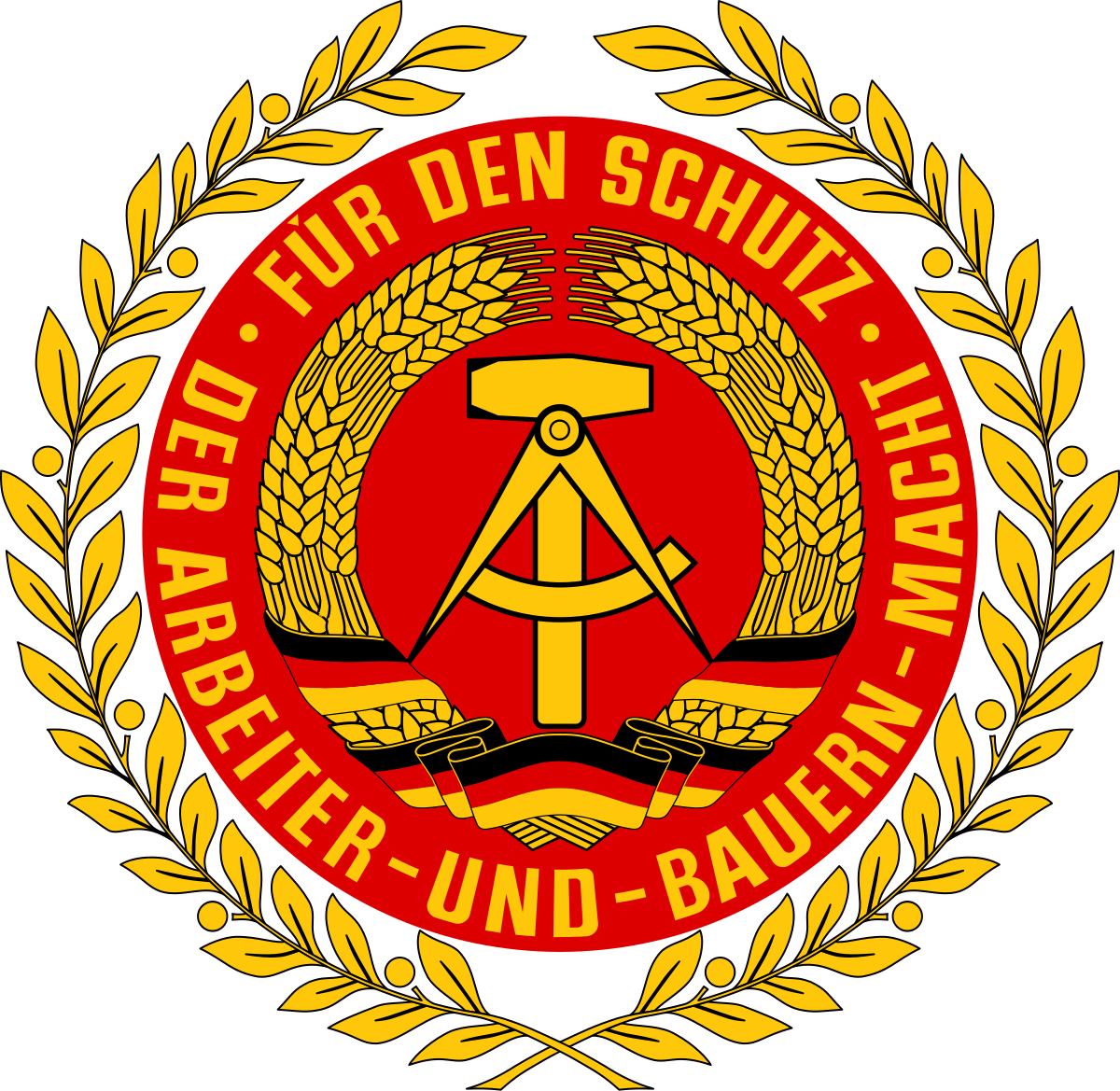How come the nominal form to describe a group of marginalized people often ends up becoming derogatory? (I’m gonna use fictional groups for this to avoid offending people) Let’s say that in my fictional universe where every Linux distro is a person, the Debian-based distros are marginalized, so how come saying “Debians” would become offensive whereas “Debian-based distros” would become the preferred term?
Secondly, how come putting “the” in front can make it offensive as well “the Debians”
Thirdly, how come less formal terms (think “Debbies”) also end up becoming offensive
Note: I’m not advocating for using the nominal form, I’m just asking why it is the way it is, I will continue to use forms that are preferable to marginalized groups.


Of all the sciences, only mathematics is benign enough to merit a dictionary where the same definition will always describe the same situation. In the physically existing universe, and especially in the continuum of social interactions, there is no such thing as stasis, and as the objects and relations to which an old dictionary pertained undergo splits, mergers, deformations, are newly created or vanish entirely, your vocabulary must change with them.
Your post is asking for a definition. This is undialectical and no natural or social scientists worth their salt will claim they can give such a thing to you; we even fail at nailing down the most basic notions of space, time, and matter. The scientific approach is always to observe the world as it is today, and to use the language it uses to talk about itself with itself.